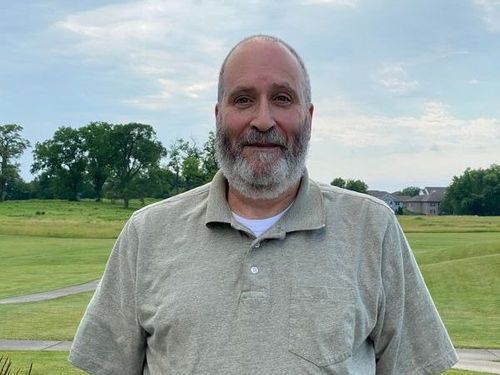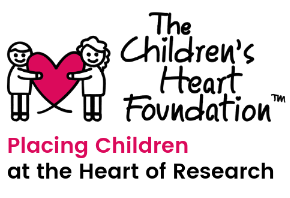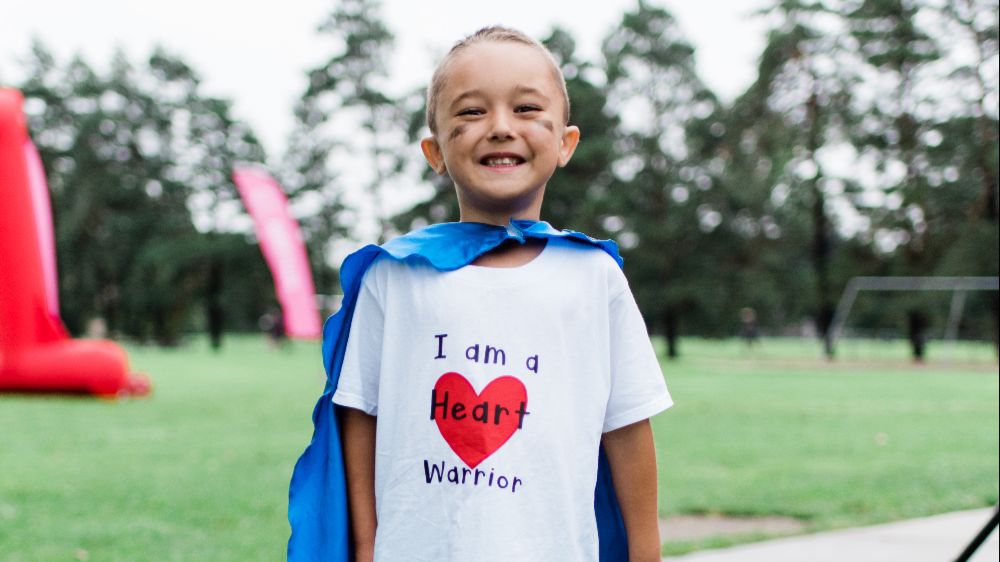Mick Landauer: My Heart Story, Part III

Mick Landauer was born with congenital heart defects at a time when parents who had babies with CHDs weren’t given much hope.
In fact, he says, “Doctors told my parents I was going to die.”
And even after Mick’s parents learned of a surgeon in Chicago who could possibly save his life, the insurance company was unwilling to pay upon the first submission. Thankfully, however, it did pay on subsequent claims.
Hospitals were not connected like they are today, explains Mick, but thankfully his parents stopped at nothing to get him the care he needed.
Now age 63, Mick has learned important life lessons throughout his CHD journey—and he knows they are lessons he must share.
1. Promote change when you can.
“Whether you send your child or whether that child has become an adult, to have health insurance companies tell you where you can go versus you choosing what’s best for you…that’s hard to deal with,” he notes.
Along with knowing what his parents went through, Mick has faced his own insurance challenges. In fact, he went before the United States Congress in October 2009 to speak about the need for affordable insurance for small businesses. As the owner of a brake and muffler shop in Iowa, Mick struggled to provide affordable insurance for employees because costs for his own premiums were driving up the group’s overall costs.
At the invitation of U.S. Rep. Bruce Braley from Iowa, Mick traveled to Washington, D.C., to testify before Congress. “I went before a Congressional subcommittee to speak about insurance right before the Affordable Care Act, or Obamacare, was coming up…and I’m glad I did,” he offers. The act ended up passing just a few months after his visit to D.C.
Mick would appear before Congress again as part of a CHD consortium that included The Children’s Heart Foundation. “The CHD consortium was asking for more dollars to be spent on CHD research—and rightfully so, because congenital heart defects are the nation’s number one birth defect and yet the field of CHD research is extremely underfunded,” shares Mick, who has returned with the CHD consortium several times in recent years.
2. Talk about CHDs.
Mick grew up at a time when doctors told his parents not to talk with him about his heart issues or his surgeries unless he asked about things. “I was just a kid, and I didn’t even know what to ask,” he says.
As Mick reflects on his situation, he realizes how valuable it would have been for his parents to talk with him about what they knew.
He appreciates that doctors now encourage parents to talk with their heart warriors and help them understand what is happening, what their surgeries will involve, and what it could mean for them in the future.
Mick also realizes today’s parents need somewhere to turn.
“Especially during my last surgery I really saw how much grief I put my parents through, and honestly it was harder on them than it was on me. And looking back and knowing what my parents went through—things I didn’t know until later—it makes me wish they wouldn’t have felt so alone. They really didn’t have anyone to talk to,” he says.
“Everyone who has a child born with a CHD should have somewhere to turn besides their doctors and whatever printed resources they can find online or in books. They need to know there are other people who understand,” shares Mick. “I have never been a parent, but as a patient I have learned so much.”
This odds-defying Heart Warrior has three open heart surgeries—as a newborn, at age 16, and most recently at age 45. Today, he’s eager to share his perspectives.
“I feel like it’s important to talk patient to patient, and to talk with parents, too,” he explains. “I want to let them know what they can expect and what they can look forward to.”
3. Stay busy and find your purpose.
Although Mick retired from automotive work in 2010, he still lends a hand at the shop as needed and has held a few different jobs to keep busy. His favorite? Being a crossing guard at a local school. “Seeing those kids every day is pretty special,” he admits.
“Looking back at my life, what have I done that’s important?” asks Mick. “This is it. I’m doing this now to get the word out about CHDs and The Children’s Heart Foundation. Research is the best thing you can do to fight a disease, and that’s where I am focusing my energy…on supporting research that will truly make a difference.”
Read part 1 of Mick's story here
Read part 2 of Mick's story here


